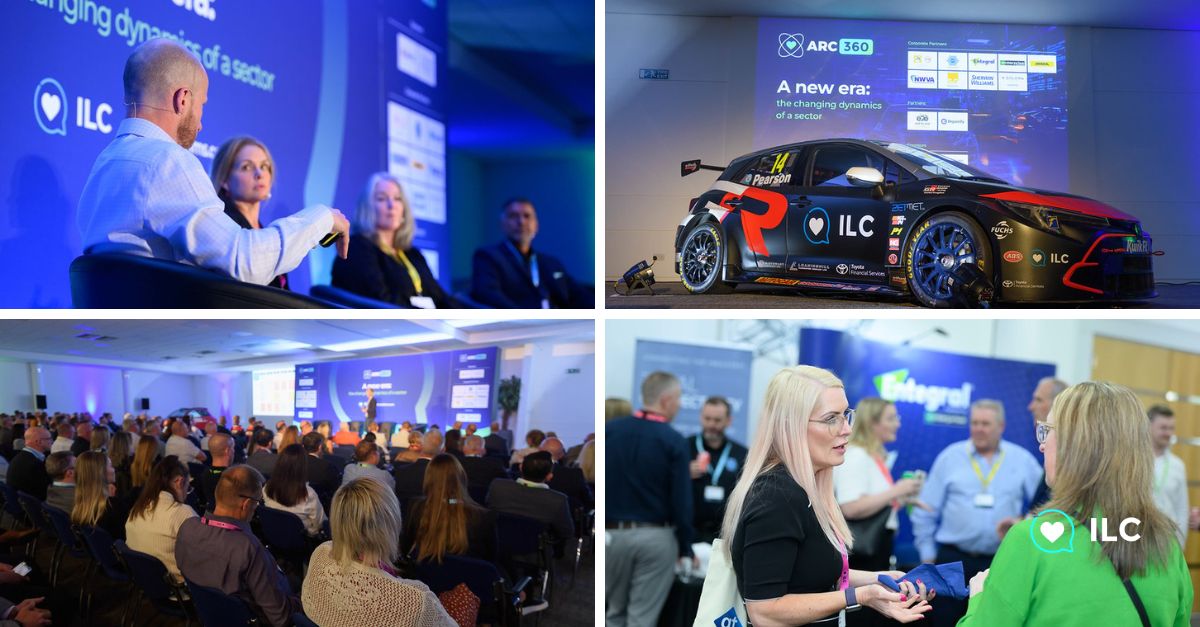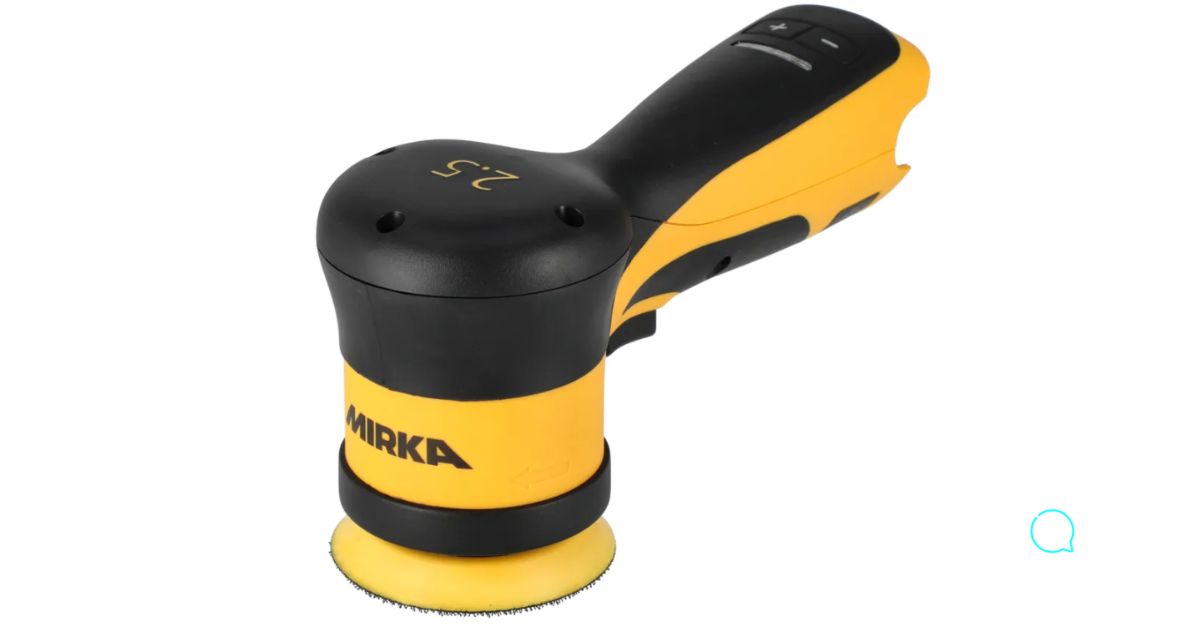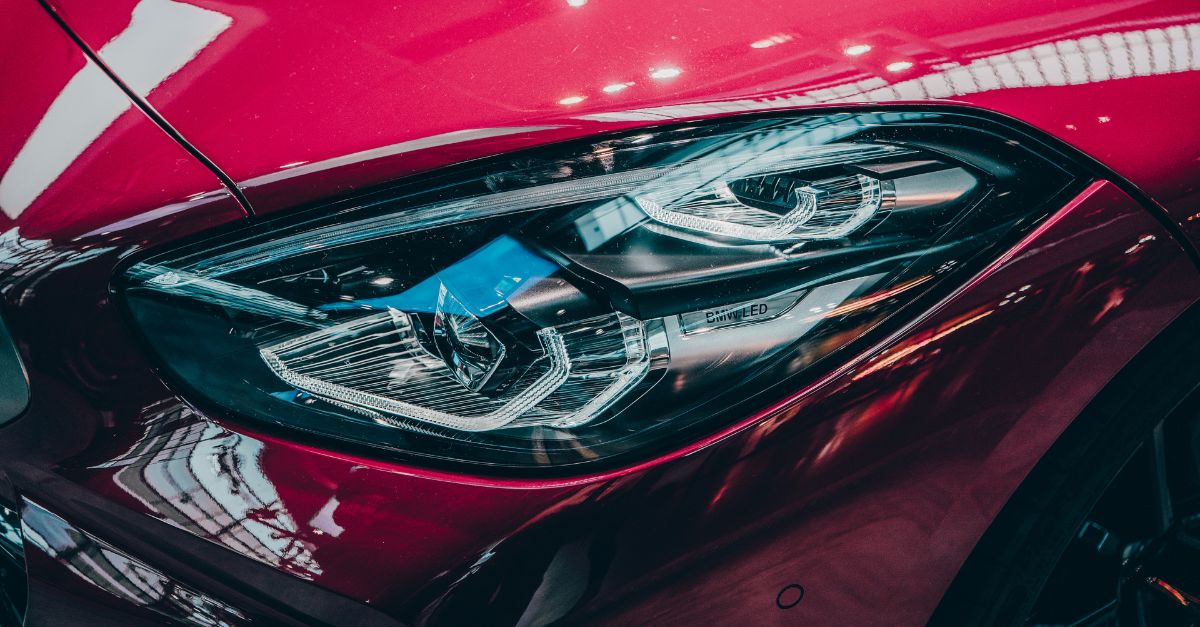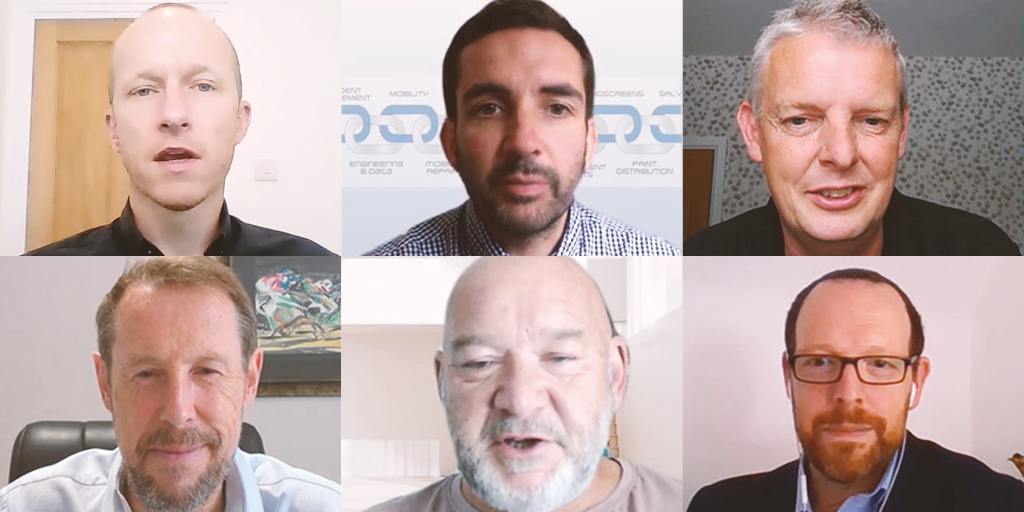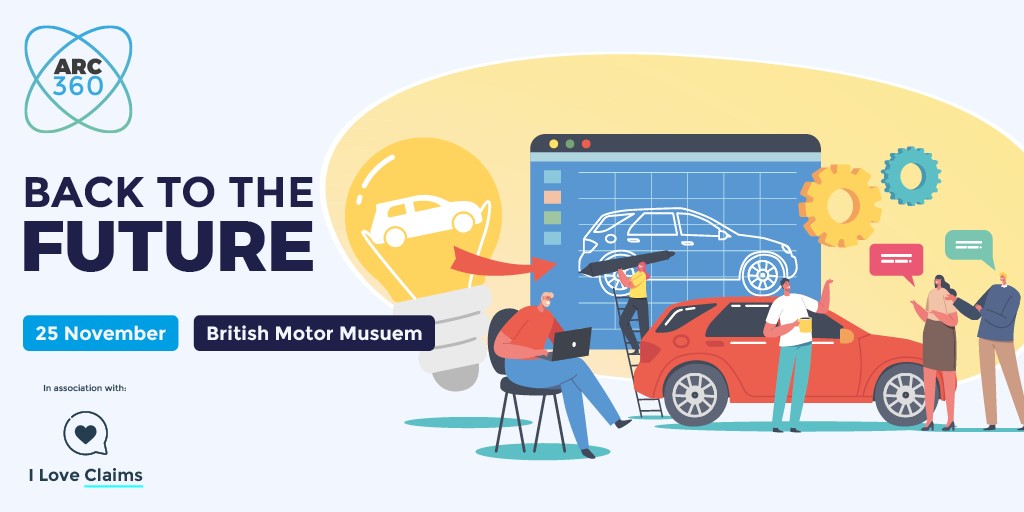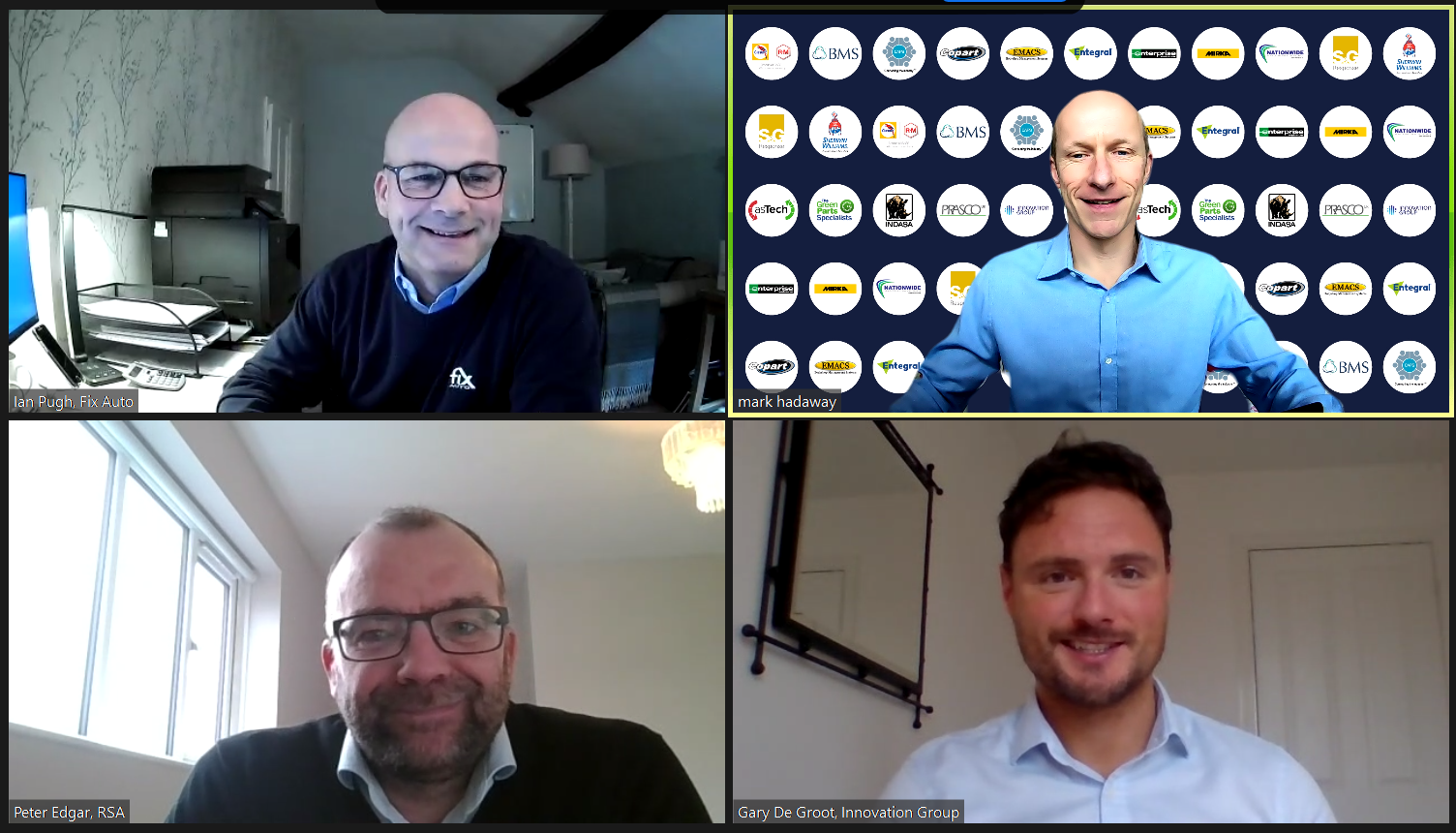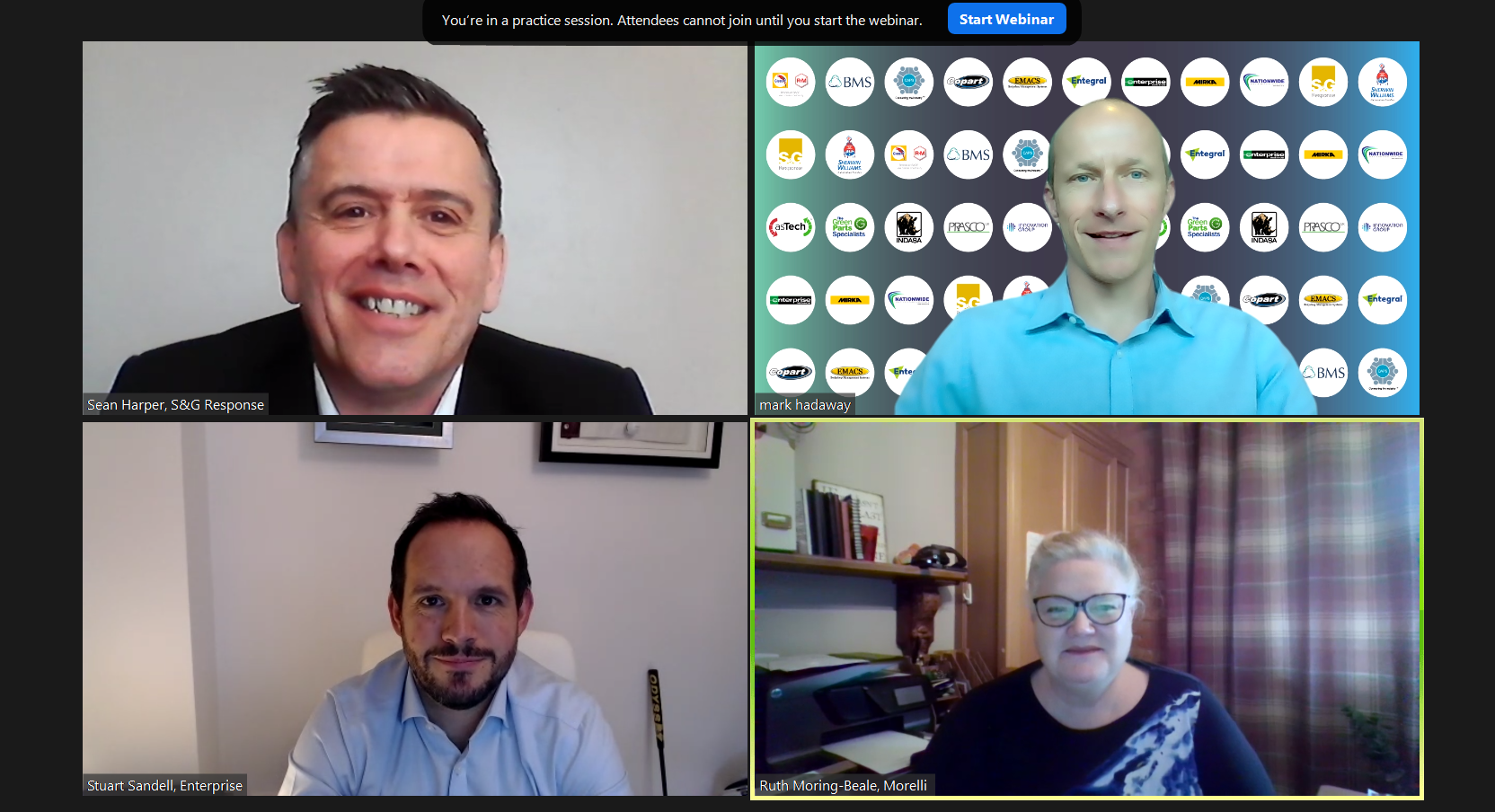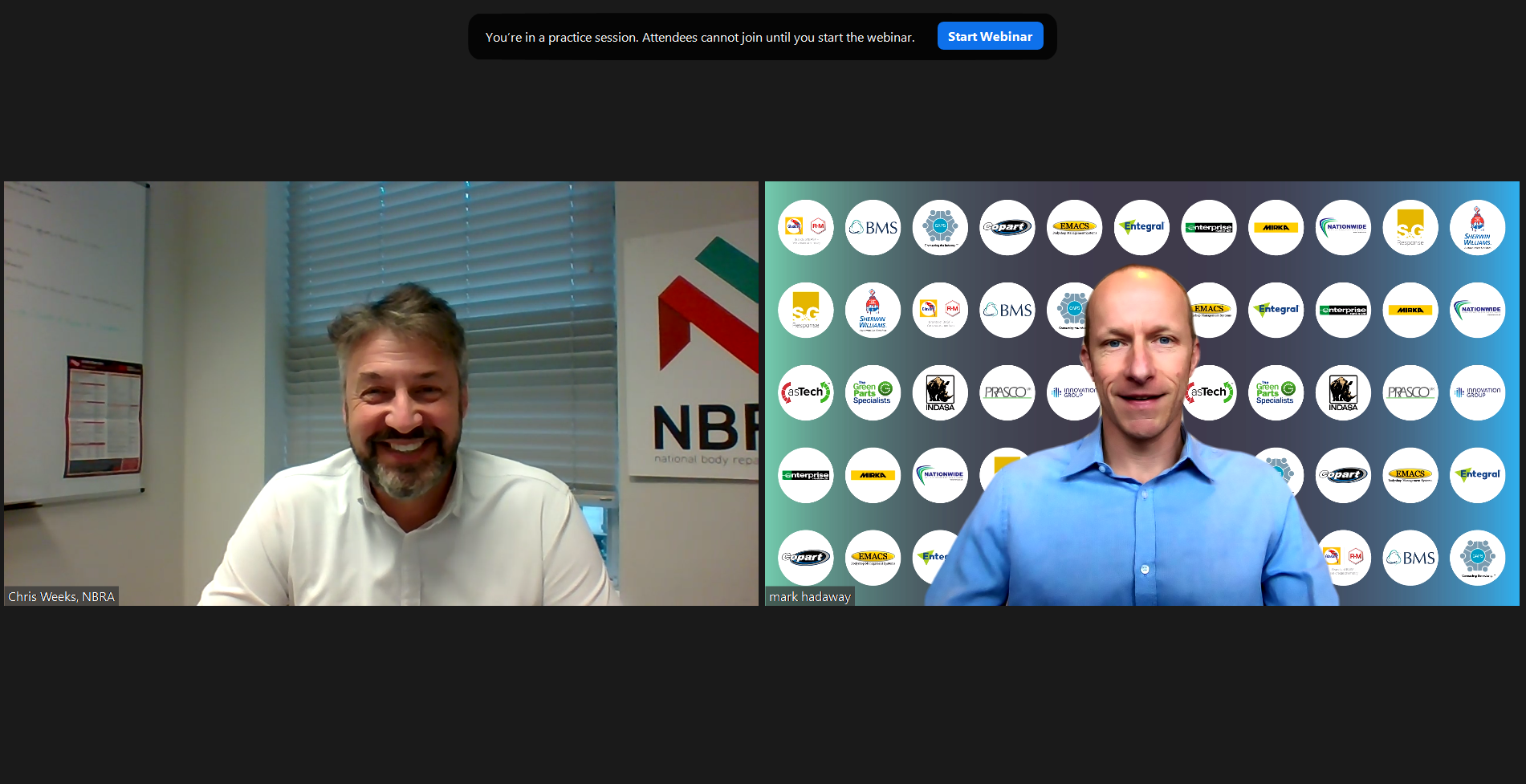The environment is soaring up the list of priorities for everyone. Whether business owners are responding to consumer pressure or whether they are acting ethically off their own backs is not relevant; all that matters is that ‘becoming green’ is now business-critical for almost every organisation in every sector.
However, this is a many-headed challenge in the complex and convoluted world of the automotive incident repair aftermarket, where every process is linked, and every company’s carbon footprint is impacted by everyone else on its supply chain.
Here, we look at some of the key players that need to come together to achieve a sustainable industry:
- The repairer
- The work provider
- The supplier
- The training provider
- The facilitator
- The recycler
The repairer
Ultimately, if repairs are going to be green then the repairer itself must be on board. In many ways bodyshops are the litmus test of the sector; whatever changes need to occur, need to occur there.
Fortunately, the signs are good.
In December 2020, Whaley Bridge Accident Repair Centre became one of the first in the UK to secure the internationally recognised specification for carbon neutrality, PAS2060.
Director Phil Chopping said, “We’re all on the planet and we all want to look after it. I’m a father of three and want to give them something, so this just seemed like the right thing to do.”
ABL Accident Repair Centre followed shortly afterwards – “Being carbon neutral reassures our customers that they’re working with a company that does all it can to reduce the environmental impact of its operations,” said commercial director Graham Roberts – and since then dozens more have followed suit, with AW Repair Group becoming the first to achieve the environmental benchmark across all its sites.
Good for business
And while it is certainly a good move for the environment, Phil believes it is also a good business decision.
He said, “By reducing your carbon footprint you’ll reduce running costs. There is an initial capital investment, but you will save money. I saw it as a good differentiator as well. Being carbon neutral is a massive flag to wave to the general public.”
And the rest of the industry too, it seems.
Phil said, ‘It’s early days but we’ve already had good feedback from local fleets who want to work with us, local councils have also been in touch, and so have some larger fleets with 200-plus vehicles.’
Measurement
Measuring your carbon footprint in all the ways necessary to secure PAS2060 accreditation can be difficult, but support is available through companies such as ECA Energy and Carbon Neutral Repair, who recognise that this is issue is only going to intensify.
Dom Napier, managing director of Carbon Neutral Repair, said, “Carbon neutrality is very much on the agenda and I expect the cost of being heavy on carbon to increase significantly. That means if you are in a supply chain someone is already looking at your carbon footprint. Procurement will no longer be based on price and service. It will be based on price, service and carbon neutrality.”
The work provider
Work providers are not necessarily recognised for their altruistic approach to business, but not all work providers are created equal.
LV= underlined its social responsibility credentials by establishing itself among the leading insurers of electric vehicles. Through that strategy, it identified the emergence of a new customer – one who is environmentally aware – and with that customer in mind, it began an all-encompassing journey towards what it calls an ‘ethical’ way of doing business.
Michael Golding, LV= network manager, explained, “We are one of the biggest, if not the biggest, EV insurer, and through that we identified what you could call the environmentally aware customer. We wanted to say that we share their values, that we endorse and promote them, so we started talking to our network about their environmental standards.”
Green Heart Standard
PAS2060 is the start of that process, but LV= wanted something that addresses all elements of what it considers its corporate social responsibility, and when it found there was no such standard out there it created its own – the LV= Green Heart Standard, which focuses on:
- PAS2060
- Apprenticeships
- Green Parts
- Mental Health Awareness
- Diversity and Equality in the Workforce
- Electric Vehicles
Michael said, “We’ve been working on this for a year, and it feels like it’s a snowball turning into an avalanche. The interest from the industry has been beyond me.”
At the moment the Green Heart standard is only being introduced within solo sites, but Michael expects it to apply throughout the supply chain eventually.
He said, “All suppliers will be working towards these targets, so all bodyshops need to work towards them too. My view was to start the journey now.”
So far LV= has helped seven of its 22 sole sites secure PAS2060, with interest expressed from a number of multi-site repairers too.
Michael said, “PAS2060 is all about reducing your carbon emissions, but we are trying to build on that with Green Heart. Green issues are a part of it, but it’s all about working ethically, improving the reputation of the industry and of your business, and gaining a competitive advantage because of it. Yes, there are commercial benefits – you will save money by reducing carbon – but also it’s the right thing to do.”
The supplier
As one the largest players in the arena, suppliers can inevitably have the largest impact on the environment and their influence over the repair process, for good or bad, cannot be overstated.
BASF is the world’s largest chemicals company. It is estimated that more than half of all the cars in the world have at least one layer of BASF Automotive Refinish paint on them, meaning that what it does really matters.
David Sharp, marketing product management executive for automotive refinish, UK & Ireland said, “BASF is constantly looking at how we can repair vehicles as sustainably as we can, and we are investing heavily in making our technology as green as possible. We assess every single one of our products to ensure they have a positive effect on sustainability throughout the value chain. With products that we identify as not fulfilling these criteria, we either bring them up to this standard, or phase them out within five years.”
Breakthrough
As part of this, BASF has recently introduced a new R-M basecoat line called AGILIS which it claims is a sustainability breakthrough in waterborne technology with every single product mixed in the AGILIS range just 250g of VOC per RFU Litre, substantially below the current legislation and industry standard of 420g.
The company is also launching a full range of R-M clearcoats called the Pioneer Series which are all produced using renewable biomass instead of fossil fuels.
It claims that reduced curing temperatures and shorter curing times will also result in a reduction in energy consumption and cost, with bodyshops using its biomass-produced products saving up to 550g of CO2 per repair.
David continued, ‘There are two main areas we are focusing on – the way our products are sourced and manufactured, and then how we can help bodyshops reduce their carbon footprint and VOC usage. The ultimate aim for us, and we aren’t too far away from it, is a totally sustainable end-to-end repair solution, with primers, basecoat and clearcoat all doing their part to reduce the environmental impact of a repair as much as possible.’
The training provider
Can training reduce the industry’s impact on the environment? Yes, and substantially. Apart from the fact that better training means more efficiency and therefore less waste, what is being trained is also critical.
For a long time replacing a damaged part rather than repairing it was considered the ‘best option’.
However, Cornerstone Technologies believes the benefits of repair over replace, when safe and possible to do so, are compelling. They fall into three categories:
- Financial
- Environmental
- Safety
The financial argument is hard to dismiss for cash-strapped bodyshops.
In 2019 the price of parts rose by 17% across the industry. Last year the increase was between 20% and 25%, and with Brexit and Covid-19 further disrupting supply chains it is expected parts prices will continue to increase.
Cornerstone Technologies managing director, Tony Ward said, “Three years ago the average bumper price was about £280, now you could be paying more than £1,000 even for a standard mass-produced vehicle. So, there is a big knock-on effect of being able to repair more parts. You are taking the cost of parts out of equation, that helps cashflow – which will be critical moving forward – and you should also see an increase in labour sales.”
In one instance, he pointed to one of the UK’s largest bodyshop groups which has managed to reduce the average repair cost by approx £500 by training and supporting both the VDA’s and technicians to identify and safely repair more parts than previously. The benefits move up the supply chain too. Reduced repair costs are also good for work providers, with one of Cornerstone’s insurance partners seeing an average repair cost reduction of £280 per job. Multiply that by the overall number of claims and the savings are significant.
Less is more
On the environmental front, less parts simply means less resources taken out of the ground and less energy manufacturing and then transporting them. Using a new part also creates a redundant part – which will often end up in landfill.
Acquiring the correct repair training could have a dramatic impact on the number of new parts required.
Tony said, “After undergoing our training, we expect a bodyshop to repair at least one more bumper a day, one additional steel or aluminium panel per day, and one headlight every other day. One bodyshop we work with was sending 120 bumpers to scrap each month, but managed to reduce that by half, purely based on improving their ability to repair. Overall, our courses are leading to a 13-15-tonne reduction of CO2 emissions per year per site.”
Meanwhile, the safety aspect of repair over replace addresses the fact that with so much industry training geared towards fitting new parts, there is a lack of repair skills in the market, with the ever-growing adoption of ADAS adding another layer of risk to jobs done badly.
Tony explained, “Once you’ve completed your apprenticeship you probably won’t get a great deal of training unless you’re working for a VM-approved bodyshop – and most of that will be structural. Very rarely are the courses about non-structural repairs, and the few that are focus on replace over repair. That means there could be people out there repairing panels without the necessary skills; ADAS-has made this even more safety-critical than ever before.”
The facilitator
The automotive sector is changing like never before. Despite the rise in autonomous driving technology, accidents remain inevitable, and as repair costs and parts cost rise, more and more vehicles are written-off.
That is where Copart comes in. Copart has decades of experience in remarketing and recycling damaged vehicles and matching them with new owners through its patented online auction platform or through its other dedicated parts recycling businesses, U-Pull-It and BreakerBid4U. ‘We give vehicles a second life via our auctions for buyers across the globe’ it says.
In the UK alone it handles upwards of 450,000 vehicles, and those that are not able to be repaired and returned safely to the road are stripped and their spare parts recycled.
Jane Pocock, managing director of Copart UK & Ireland, said, “Several of the UK’s major recyclers are Copart members and they purchase vehicles through us, so in some ways we are also the biggest ‘broker’ in this space. Ultimately our process facilitates the green parts inventory.”
Green parts
But what does the future hold for green parts, for so long a hotly debated subject in the repair world?
Jane said, “The green parts market has evolved given the advances in ecommerce, but contextually they are still a relatively small part of the overall repair industry. For some, recycled parts provide a viable option for certain repairs, but in some scenarios green parts are not the right answer given the complex issues around future liability and risk in the insurance sector. That said, there are significant green part suppliers who cater for those who see this as the right approach. They invest heavily in sourcing, storing and supplying green parts as professional suppliers, servicing the demand that exists.”
Jane added, ‘With more and more technology being included in vehicles including EVs, repair costs will inevitably increase so more vehicles do go to total loss. From a repair point of view, it’s not cost effective or advisable to use green parts to repair things like ADAS features because of safety and calibration requirements. Other elements like body parts, boot lids, engine parts, are all much more interchangeable hence the existence of the large scale, professional, recycled parts organisations and large-scale salvage vehicle remarketers like ourselves.
‘Looking forward, my view is that the two sides will continue to co-exist driven by different needs in the marketplace. Even with the shift to EVs by 2030, there will still be a significant volume of internal combustion engine (ICE) vehicles in the UK car parc, sustaining demand for parts and salvage as we see today. There is a view that the rise in our collective environmental consciousness may drive green parts to be more mainstream, but I believe that demand for OEM, non-OEM, and salvage vehicles parts will remain dominant, whilst all parts of the supply chain adapt to act in a more sustainable and environmentally friendly way.’
The recycler
Waste not, want not is an apt phrase, especially as Brexit and Covid-19 continue to disrupt supply chains.
In our industry, the recyclers are unsung heroes, although their time could be coming.
ENN Recycling works with about 100 bodyshops, collecting and recycling hard plastic waste such as bumpers, headlights, side skirts, front panels and wheel arch liners. In total, it collects and recycles about 15 tonnes of bumpers alone every week.
Director Eddie North said, “Recycling is a far greater priority for many people now compared with 10 years ago. There’s more public awareness of the environmental impact of poorly disposed of plastic, so many people are keen to do their bit.
“But the main incentive for any business to recycle is a financial one. To encourage recycling, the cost of rubbish collections rises each year due to landfill taxes, but much of this waste can be collected for free.”
Financial sense
The financial argument is made by Hills Salvage & Recycling, which works with more than 200 bodyshops.
Managing director Ian Hill said, “Manufacturer discounts on new parts have been eroded in recent years and in some cases parts are taking longer to source and deliver to the bodyshop, this all impacts a repairers key-to-key times and their bottom line.
“But rather than just look at numbers, which transcends into tens of thousands of parts per year, look at our rate of fulfilment. For our key insurers and bodyshops we have a fulfilment rate of over 65%. Combine that with an average saving of 55% against RRP and the immediate financial benefits for a repairer are there to see. Combine the cost savings, the environmental benefit and the quality assurances into the equation and repairers are being offered a solution that can make a huge difference to their business.”
Scale
For a challenge of this scale, there is no silver bullet and no one can tackle it alone. But consumer attitudes and legislation are forcing the green agenda to the front of our minds and increasingly the argument is becoming economic as much as environmental.
Dom Napier concludes, “People thought environmental policies cost money. They did, but the world has changed. Now, carbon costs you money as an organisation. You can’t reduce carbon without reducing cost.”
ARC360, in association with I Love Claims, is supported by corporate partners BASF, BMS, Copart, EMACS, Entegral, Enterprise Rent-a-Car, Mirka, Nationwide Vehicle Recovery Assistance, S&G Response, Sherwin Williams and CAPS; partners asTech, The Green Parts Specialists, Indasa, Innovation Group and Prasco UK; and strategic partners AutoRaise; NBRA; RepairTalks; and TrendTracker.


